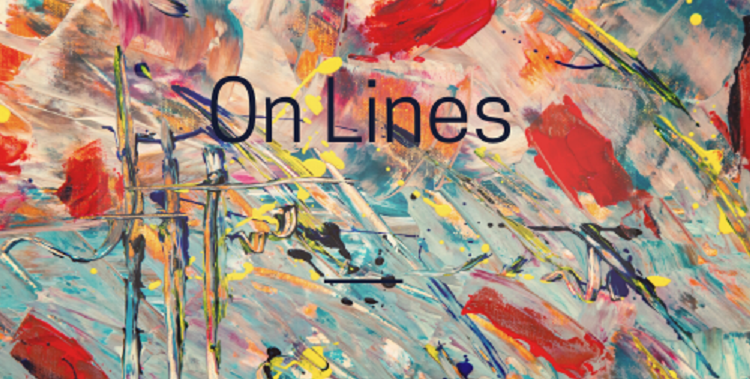Albus McInerney edits a literary magazine.
When Rami proposed an issue on poetry and urbanisation, there was a pause. Not an entirely apprehensive pause – but one that betrayed, perhaps, a certain weariness, as though malls and motorways might be too familiar, the alienation and angst of city life too well trodden for new discoveries.
Rami has lived in Tokyo and Sao Paulo and she made a documentary about popular poetry in Mozambique, which offered her an opportunity to spend three months in Maputo – so she is more than familiar with the myriad possibilities and pitfalls of concrete conurbations and their reflection in verse.
‘Industrial decline?’ Patrice asked.
‘And growth,’ Rami said.
‘Exploitation of city-dwellers?’ Dimitri suggested.
‘Opportunities too,’ Rami said.
‘I’m from a small town,’ Kim said, ‘picket fences and such. Cities were about freedom, or at least the idea of freedom. Our urban myths began at the Greyhound station.’
‘Whitman?’ Patrice suggested tentatively. ‘Celebrations of cities becoming cities – New York especially?’
Patrice travelled East after graduation and landed in Tokyo when a degree from the Sorbonne opened multiple doors (he was pals with Mishima for a while), so, I was surprised at this bee-line to the Atlantic coast rather than somewhere in Asia.
‘Migration,’ Dimitri said, ‘the city as a place of opportunity.’
‘It has relevance, certainly,’ Rami said.
I’ve noticed that, when Rami begins a discussion, she stands to one side to see how it will develop.
‘Patrice, you live in Hongkong,’ I said.
‘Past its heyday,’ he replied, rather quickly, ‘All the way down from here.’
‘There’s a whole school of poetry about urban decline,’ I said.
We seemed to be floating into unfamiliar waters – which, of course, is generally not a bad thing.
‘I’m from a city in the north,’ Patrice said – unexpectedly: he rarely speaks about France. ‘Haven’t been there for forty years. I’m told it’s nicer now. Wasn’t when I grew up.’
‘Which city,’ Dimitri asked.
‘Roubaix, next to Lille.’
‘I’ve been in Roubaix!’ Dimitri said. ‘With a bunch of literary types from my side of the continent – we ran a workshop for schoolkids, part of a cultural exchange. Some terrific architecture – fabulous textile mills. It was like landing in another world!’
‘When I grew up the factories were still sputtering,’ Patrice said, ‘and there was no place for poetry.’ A note of melancholy for the briefest moment pointed to an aspect of Patrice’s personality I hadn’t seen before.
‘We had poetry in our factories,’ Dimitri said, with a jovial and more familiar relish for absurdity. ‘The workers were encouraged to attend lunch-time readings – celebrating the achievements of the regime for the most part. I will leave you to judge whether the experience was one of mass appreciation!’
‘Our urban poets were genuinely popular?’ Kim said. ‘They still are.’
‘And we are speaking of . . ?’ I may have allowed a certain scepticism to bubble to the surface.
‘Blues,’ Kim said, ‘and all the things that came from it.’
‘What about you, Albus?’ Rami asked.
‘I’m with Patrice,’ I said, ‘exiled from another century, but there are lines that conjure up the city I remember. We could allude to them in our urban poetry edition.’
‘And they are?’ Dimitri asked, ever to the point.
‘Out of this ugliness may come,’ I began, without hesitation
some day so beautiful a flower
that men will wonder at that hour
remembering smoke and flowerless slum
and ask
glimpsing the agony
of the slaves who wrestle to be free
‘But why were all the poets dumb?’
‘That’s it!’ Patrice said with an emphasis just short of vehemence. ‘That’s my town!’
‘Mine too,’ I said.
‘They weren’t dumb,’ Rami said. ‘And they aren’t dumb. We have a great deal of ground to cover. Our different cities have multiple voices.’
‘Including,’ Kim added gently, ‘our cities from long ago, Patrice.’
‘Distant worlds,’ Patrice said. His tone had become more thoughtful. ‘Slaves who wrestle to be free.’
‘Stories of exile, no doubt,’ Dimitri said, ‘and all that’s left behind.’
I’m looking forward to this issue. More than motorways and malls, clearly.
